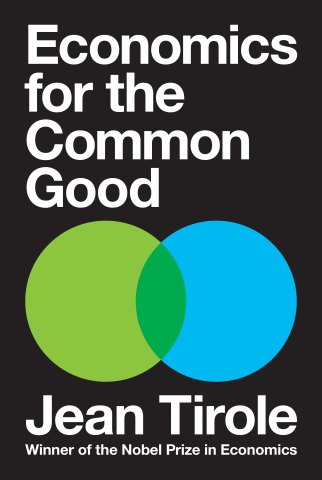Book Review: Jean Tirole’s Economics for the Common Good

The economics from the point of view of someone who doesn’t know whether he or she will be a beneficiary of a certain action or situation, or viceversa a victim. Jean Tirole’s book Economics for the Common Good starts from this concept and draws a scenario that doesn’t play only by the logic of the market.
Tirole won the Nobel prize for Economics in 2014 «for his analysis of market power and regulation» and his latest book, published by Princeton University Press, was originally published in France.
Tirole didn’t think of his book as a clear answer to any problem but as a tool for research. The themes it revolves around are the relationship between society and economics, the economist’s work, the institution of state and market, therefore in their economic contest, the great macroeconomic challenges and the industrial challenge, which groups even more topics.
Tirole goes as far as to explain the daily life of an economics researcher, to show how it’s not a «dismal science» as it was once described.
The common thread, as Tirole states, is information theory – as information is the basic tool everyone should have to take precise decisions.

